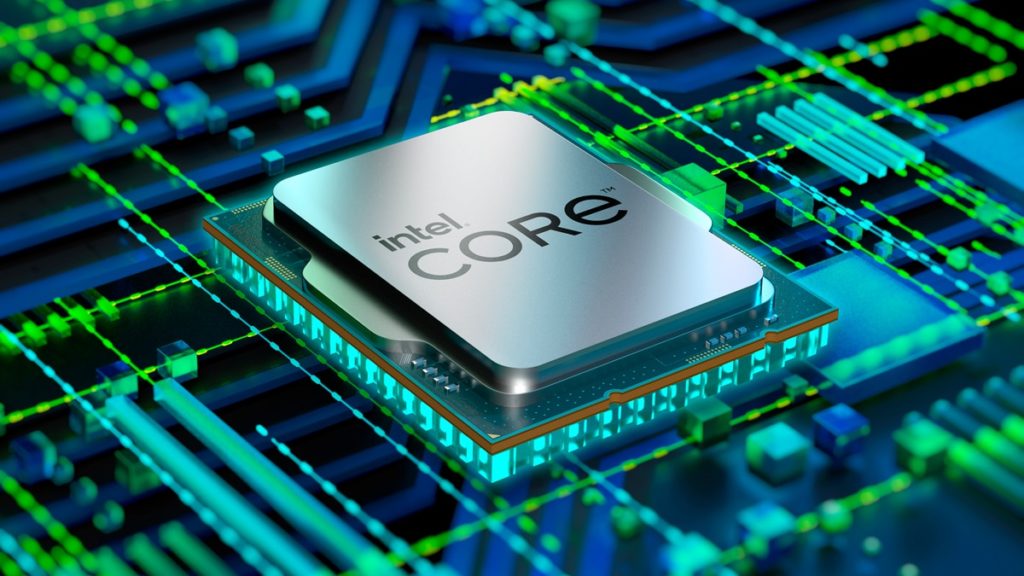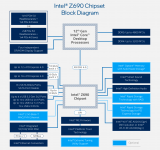- Joined
- May 6, 2019
- Messages
- 12,595
- Points
- 113
Image: Intel
Enthusiasts who are planning to make the jump to Intel’s Alder Lake flagship might want to hold off for a little bit, as there’s indication that blue team will be unveiling an even better version in the very near future.
That’s according to sources with VideoCardz, which claim that a Core i9-12900KS is already being tested by board partners. The new model is said to be a pre-binned SKU that features an all-core boost of 5.2 GHz, a notable improvement over the current Core i9-12900K flagship.
“It is basically a pre-binned SKU with an all-core (Performance core) boost at 5.2 GHz, so 200 MHz higher than 12900K,” VideoCardz explained. “This frequency heavily depends on a workload, and most reviews have shown that stock 12900K reaches around 4.85-4.9 GHz all-core boost, which is why the 12900KS should easily offer 5.0 GHz out of the box.”
As noted by...
Continue reading...

